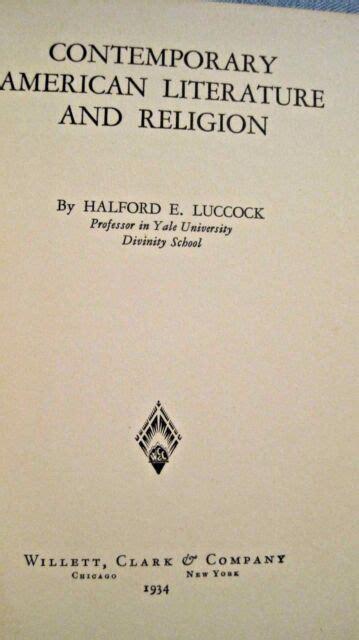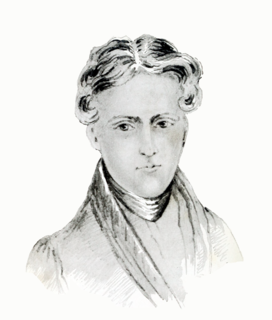A Quote by Henry David Thoreau
I fear that he who walks over these fields a century hence will not know the pleasure of knocking off wild apples. Ah, poor man, there are many pleasures which he will not know!
Related Quotes
The era of wild apples will soon be over. I wander through old orchards of great extent, now all gone to decay, all of native fruit which for the most part went to the cider mill. But since the temperance reform and the general introduction of grafted fruit, no wild apples, such as I see everywhere in deserted pastures, and where the woods have grown up among them, are set out. I fear that he who walks over these hills a century hence will not know the pleasure of knocking off wild apples.
The pleasure of eating should be an extensive pleasure, not that of the mere gourmet. People who know the garden in which their vegetables have grown and know that the garden is healthy will remember the beauty of the growing plants, perhaps in the dewy first light of morning when gardens are at their best. Such a memory involves itself with the food and is one of the pleasures of eating. (pg. 326, The Pleasures of Eating)
Many years ago Rudyard Kipling gave an address at McGill University in Montreal. He said one striking thing which deserves to be remembered. Warning the students against an over-concern for money, or position, or glory, he said: 'Some day you will meet a man who cares for none of these things. Then you will know how poor you are.'
No wise man will go to live in the country, unless he has something to do which can be better done in the country. For instance, if he is to shut himself up for a year to study science, it is better to look out to the fields, than to an opposite wall. Then, if a man walks out in the country, there is nobody to keep him from walking in again: but if a man walks out in London, he is not sure when he will walk in again. A great city is, to be sure, the school for studying life.
The physical organism itself then, even as you know it, exists and moves and reacts and influences, and is influenced by, many fields or planes of actuality; and its existence as you know it in your universe is determined by and dependent upon its existence within other fields, of which man is still intellectually ignorant.
Given that the nineteenth century was the century of Socialism, of Liberalism, and of Democracy, it does not necessarily follow that the twentieth century must also be a century of Socialism, Liberalism and Democracy: political doctrines pass, but humanity remains, and it may rather be expected that this will be a century of authority ... a century of Fascism. For if the nineteenth century was a century of individualism it may be expected that this will be the century of collectivism and hence the century of the State.
As I was walking in the fields, the thought came over me with almost overwhelming power, that every one of my flock must soon be in heaven or hell. Oh how I wished that I had a tongue like thunder, that I might make all hear; or that I had a frame like iron, that I might visit every one and say, Escape for thy life! Ah sinner! You little know how I fear that you will lay the blame of your damnation at my door.
If I know a song of Africa, of the giraffe and the African new moon lying on her back, of the plows in the fields and the sweaty faces of the coffee pickers, does Africa know a song of me? Will the air over the plain quiver with a color that I have had on, or the children invent a game in which my name is, or the full moon throw a shadow over the gravel of the drive that was like me, or will the eagles of the Ngong Hills look out for me?
Beauty is like a train that ceaselessly roars out of the Gare de Lyon and which I know will never leave, which has not left. It consists of jolts and shocks, many of which do not have much importance, but which we know are destined to produce one Shock, which does...The human heart, beautiful as a seismograph...Beauty will be CONVULSIVE or will not be at all.
Trench says a wild man is a willed man. Well, then, a man of will who does what he wills or wishes, a man of hope and of the future tense, for not only the obstinate is willed, but far more the constant and persevering. The obstinate man, properly speaking, is one who will not. The perseverance of the saints is positive willedness, not a mere passive willingness. The fates are wild, for they will; and the Almighty is wild above all, as fate is.
































